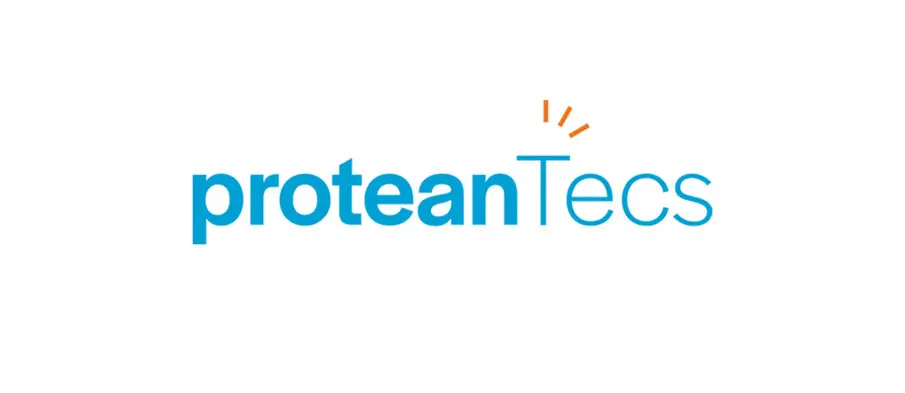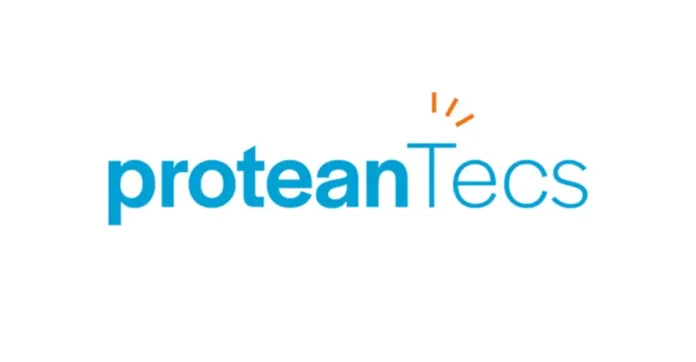
Israel-based semiconductor analytics startup proteanTecs has raised $51 million in Series D funding, led by IAG Capital, taking its total funding to more than $250 million. The round saw participation from several major technology players, including Arm Holdings, Samsung, Intel, MediaTek, Siemens, Porsche Automobil Holding SE, Zeev Ventures, and Koch Disruptive Technologies. The investment highlights growing demand for next-generation solutions that improve chip reliability, performance, and efficiency in an increasingly complex semiconductor landscape.
Founded in 2017 by former Mellanox executives, proteanTecs has pioneered a platform that embeds microscopic monitoring circuits directly into chips. These tiny sensors generate real-time telemetry data on vital performance indicators such as temperature, power consumption, and signal integrity. Using advanced AI algorithms, the platform analyzes billions of data points to detect hidden vulnerabilities, enhance energy efficiency, and identify potential design flaws early in the product development cycle.
What sets proteanTecs apart is its ability to provide continuous health monitoring even after chips are deployed—a capability traditional EDA (electronic design automation) tools lack. This enables proactive failure prevention across applications ranging from data centers and automotive systems to consumer electronics, significantly improving system reliability and reducing downtime.
The newly raised capital will be directed toward global expansion, R&D, and deeper industry integrations, strengthening proteanTecs’ position as a key enabler of predictive monitoring for mission-critical electronics. With semiconductors becoming the backbone of AI, cloud computing, and autonomous systems, ensuring their long-term performance and dependability is increasingly critical.
“proteanTecs’ technology is designed to transform how the industry thinks about chip lifecycle management,” said industry analysts, noting that the company’s approach allows manufacturers and operators to shift from reactive troubleshooting to predictive maintenance—a major leap for the semiconductor ecosystem.





